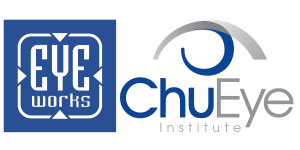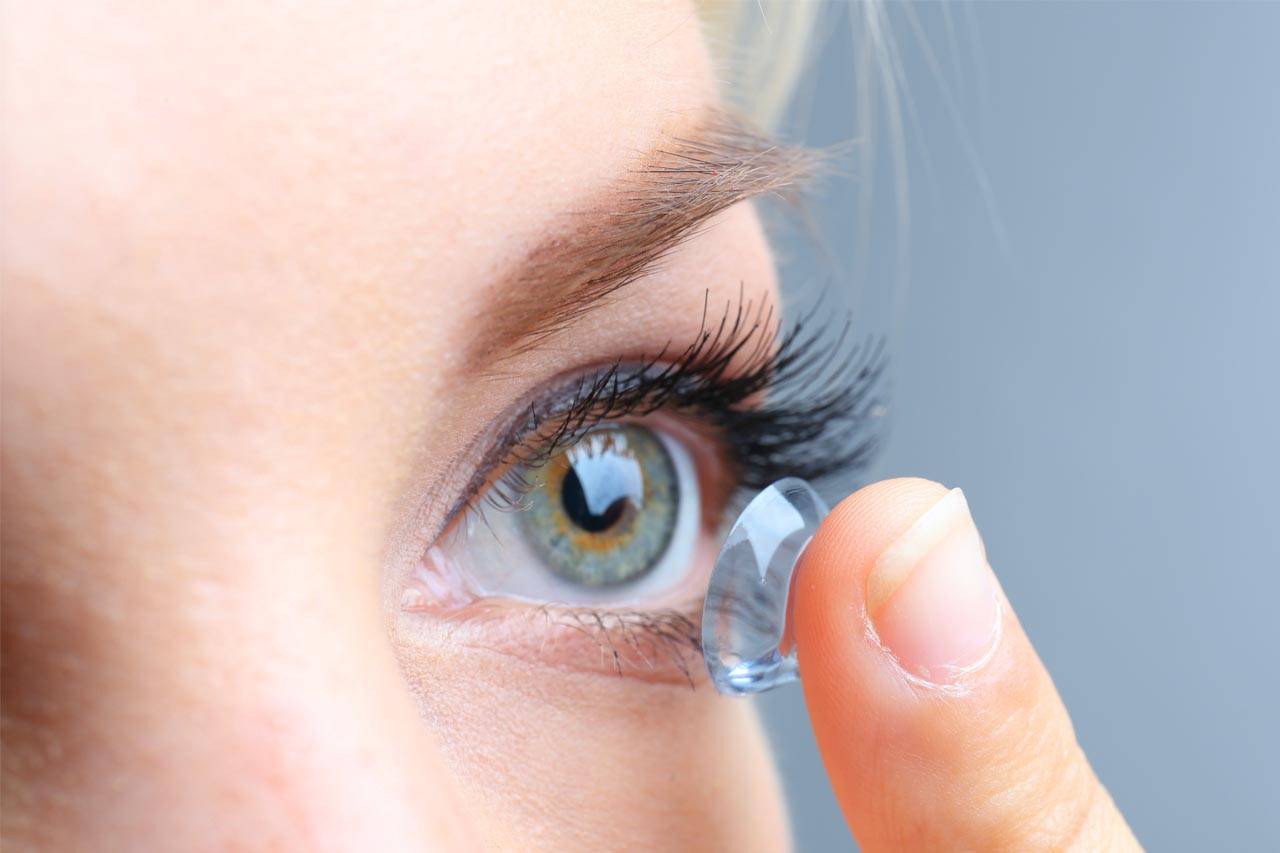 Age-related cataracts are extremely common — so common, in fact, that more than half of all adults develop cataracts in one or both eyes by age 65. Left untreated, cataracts can gradually cause vision loss, even blindness. You can take steps to prevent this. By consuming foods or supplements rich in antioxidants, you may be able to slow the development and progression of cataracts.
Age-related cataracts are extremely common — so common, in fact, that more than half of all adults develop cataracts in one or both eyes by age 65. Left untreated, cataracts can gradually cause vision loss, even blindness. You can take steps to prevent this. By consuming foods or supplements rich in antioxidants, you may be able to slow the development and progression of cataracts.
What are Cataracts?
Cataracts refer to the clouding of the eye’s natural lens due to light passing through to the retina in a scattered, rather than focused, manner. This leads to changes in vision, resulting in blurry vision and faded colors. This also impacts one's ability to clearly see at night.
Cataracts come in three forms: nuclear, cortical, and posterior capsular, each of which depends on their locations on the lens.
Age-related cataracts are caused by tissue breakdown and protein clumping on the lens. Exactly why this happens isn’t yet clear. Cataracts must be taken seriously. Unaddressed, they can lead to vision loss or even blindness.
Once a cataract has developed, there is no cure except to have it surgically removed
How Are Cataracts Diagnosed?
To diagnose cataracts, an optometrist will assess the patient’s visual acuity, color vision, and evaluate their sensitivity to bright light. Dr. Richard Chu will also examine the front of the eye using a microscope, called a slit lamp, and check the retina for signs of cataracts.
Once cataracts have been diagnosed, the condition must be carefully monitored with regular eye exams. Because vision deteriorates over time, eyeglass or contact lens' prescriptions will need to be frequently adjusted.
It is strongly advised to regularly wear sunglasses and wide-brimmed hats to avoid the harmful effects of ultraviolet rays on the eyes. Furthermore, since cataracts cause poor night vision, with halos around street lights and car headlights, people with cataracts may need to stop driving at night.
Once the condition has reached an advanced stage, the cataract will have to be surgically removed and replaced with a synthetic intraocular lens (IOL).
Diet and Nutritional Supplements Can Help Against Cataracts
Research suggests that antioxidants play an important role in staving off cataracts. In one study of 30,000 women aged 49 and older, those who consumed the most antioxidants had a 13% lower risk of developing cataracts than the group of women who consumed the least.
Certain foods and supplements rich in antioxidants may protect against free radicals — unstable atoms that cause cellular damage — that attack the lenses of the eyes and contribute to the formation of cataracts. Four powerful nutrients, Vitamin C, Vitamin E, lutein and zeaxanthin, can delay the onset and even decrease the risk of developing cataracts.
Foods containing these nutrients include:
Lutein and zeaxanthin
Kale, spinach, egg yolks, salmon and certain yellow and orange vegetables, such as cantaloupes, corn, carrots and peppers
Vitamin C
Apples, bananas, grapefruit, oranges, peaches, spinach, tomatoes
Vitamin E
Nuts: hazelnuts, almonds, peanuts (including peanut butter)
Seeds: sunflower seeds
Oils: soybean, canola, corn, sunflower, safflower, wheat germ
Green leafy vegetables: spinach, broccoli
Fruit: kiwi, mangos, tomatoes
Vitamin-fortified cereals
To preserve eye health and reduce the risk of cataracts, you'll want to avoid processed, fried and junk foods.
Consult Dr. Richard Chu to learn about nutrition’s role in avoiding cataracts and which other steps you can take to maintain eye health.
EYEWORKS Ophthalmology Center serves patients from Ft. Worth, Southlake, River Oaks and Benbrook, in Texas.
References:
https://www.aoa.org/patients-and-public/caring-for-your-vision/nutrition/nutrition-and-cataracts
https://www.aop.org.uk/advice-and-support/for-patients/eye-conditions/cataracts
https://www.aao.org/eye-health/diseases/cataracts-treatment
https://www.reviewofoptometry.com/article/how-to-help-prevent-cataract







